CARACAS, Feb 22, (V7N) - In Venezuela, where economic hardship has deeply impacted every sector, teachers are among those bearing the brunt of the crisis. With a monthly salary of just $15, a teacher earns far less than what is needed to cover even basic necessities such as food, rent, and medicine. Many educators are forced to take on multiple jobs, rely on family members for support, or leave the country in search of a more stable financial future.
For decades, teaching was considered a respectable profession in Venezuela, with salaries that allowed for a comfortable life. However, in recent years, the economic downturn has devalued teachers’ earnings to an unprecedented low. The cost of a basic food basket for a family of four now stands at about $500 per month—33 times the salary of a teacher. The situation is so dire that many educators are unable to afford essential goods, forcing them to cut back on even the most basic expenses.
Seventy-year-old Maria Cerezo, who has spent nearly four decades as a public school teacher, shared her struggles. At a thrift shop in Caracas, she carefully selected a blue nylon dress with white polka dots, priced at just $2. Unable to afford it that day, she tucked the dress behind other clothes, hoping she could return for it later. “I'll get it tomorrow, God willing, because I don't have the money today,” she said. Cerezo recalls a time when teachers could buy clothes, shoes, and even electrical appliances with their yearly bonuses—something that now seems impossible.
Cerezo's household survives on pooled incomes. Her daughter, also a teacher, and her husband, a lawyer, contribute to the family budget. However, even with multiple earners, their combined income is insufficient to keep up with the soaring cost of living.
Venezuela has seen an 80-percent drop in GDP over the last decade, coinciding with the increasingly repressive rule of President Nicolás Maduro since 2013. The economic collapse has pushed more than eight million Venezuelans—roughly a quarter of the population—to flee the country in search of better opportunities abroad.
END/WD/RH/
Despite the challenges, teachers are not even the lowest earners in the country. The minimum wage in Venezuela today is a meager $2 per month, with the government supplementing it through food subsidies and bonuses. In contrast, the private sector offers relatively better wages, with the average monthly income around $200—still far from what is needed to live comfortably.
Public schools, which once operated five days a week, now run on reduced schedules, often only two or three days, as teachers take on additional jobs to survive. Some educators offer private tutoring, while others drive taxis or sell handmade crafts.
Venezuela’s education system is facing an alarming crisis, with a reported shortage of 200,000 teachers. The number of students enrolling in teacher training programs has plummeted by nearly 90 percent, further exacerbating the crisis.
For those who remain in the profession, initiatives like the El Ropero Solidario thrift store in Caracas provide some relief. The store, managed by veteran teacher Kethy Mendoza and supported by the Venezuelan Federation of Teachers, offers second-hand clothing at affordable prices. Much of the merchandise comes from fellow educators, who either donate their items or receive half of the sale price. The remaining funds help keep the shop running and support teachers in urgent need of medicines, food, and hospital care.
Mendoza, 64, emphasized the importance of teachers maintaining their dignity despite the economic crisis. “We are role models for the children,” she explained. “If we go to school poorly dressed because the crisis doesn’t allow us to buy a change of clothes or decent shoes, how can we expect students to come presentable?”
Maduro, who claimed victory in the highly contested July 2024 elections—dismissed as fraudulent by the opposition and much of the international community—has blamed Venezuela’s economic woes on international sanctions. According to him, foreign restrictions have crippled the country’s ability to pay adequate salaries to public workers, including teachers.
However, experts argue that the root causes of Venezuela’s economic collapse go beyond sanctions. Widespread corruption, mismanagement of resources, and heavy reliance on oil revenue have played significant roles in the crisis. Once one of the wealthiest oil-producing nations, Venezuela has struggled with falling production, misallocated funds, and inefficiency within its state-run industries.
With fewer people entering the teaching profession and experienced educators struggling to survive, the future of Venezuela’s education system remains uncertain. The lack of investment in schools, the mass migration of skilled professionals, and the inability of the government to offer competitive salaries threaten to push the country further into an educational crisis.
Despite these challenges, teachers like Cerezo and Mendoza continue to persevere, driven by their passion for educating the next generation. However, without meaningful reforms and economic stability, the profession risks further decline, leaving the country’s youth without access to quality education.



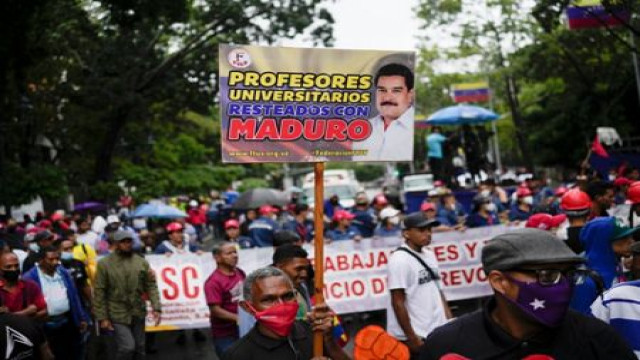
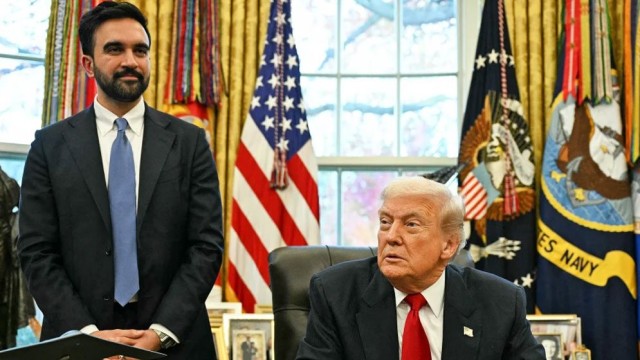
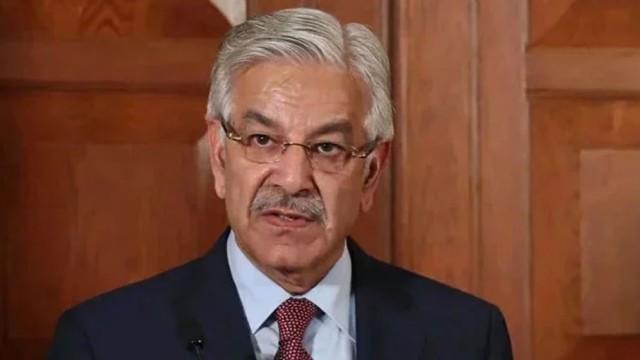
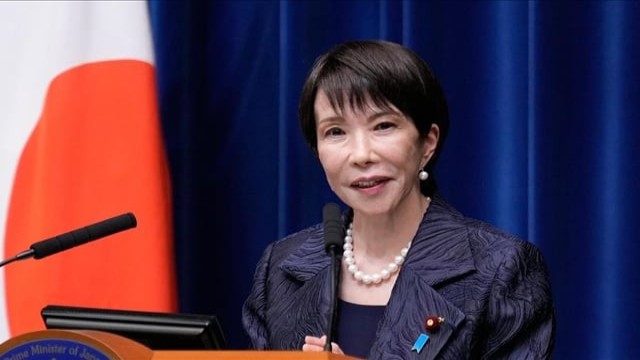
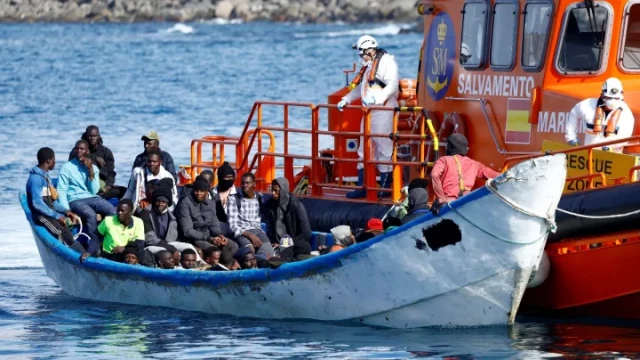
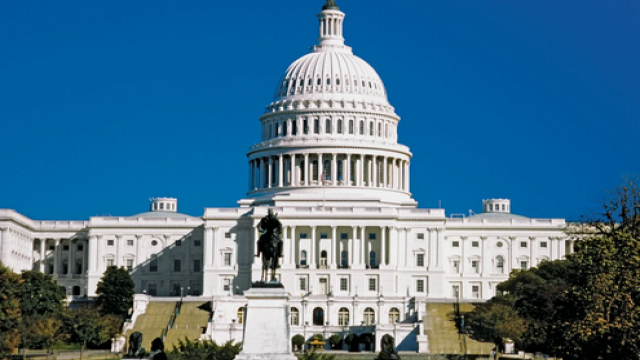

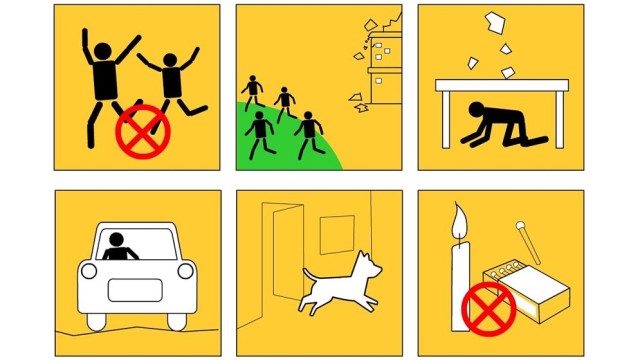

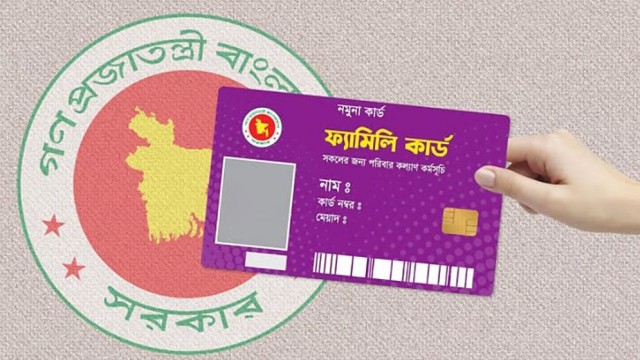

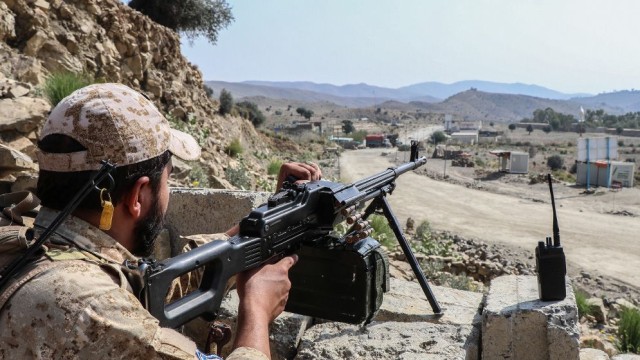
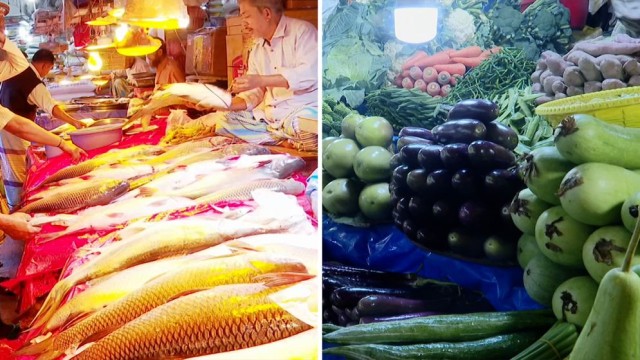


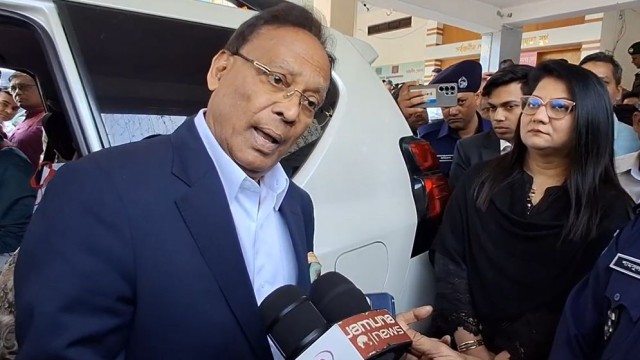
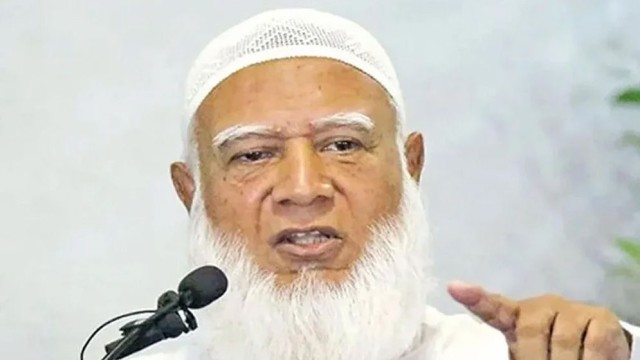






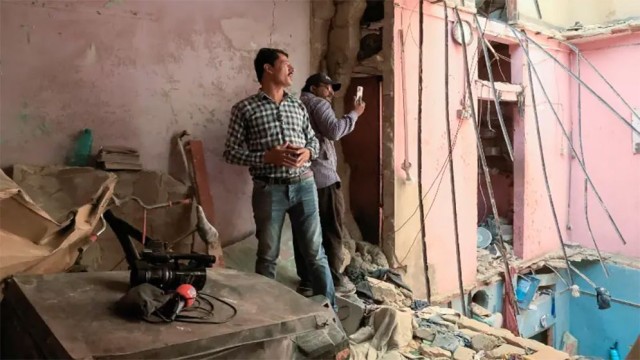


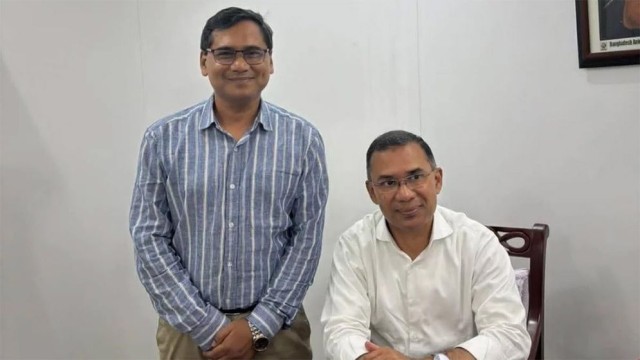

Comment: